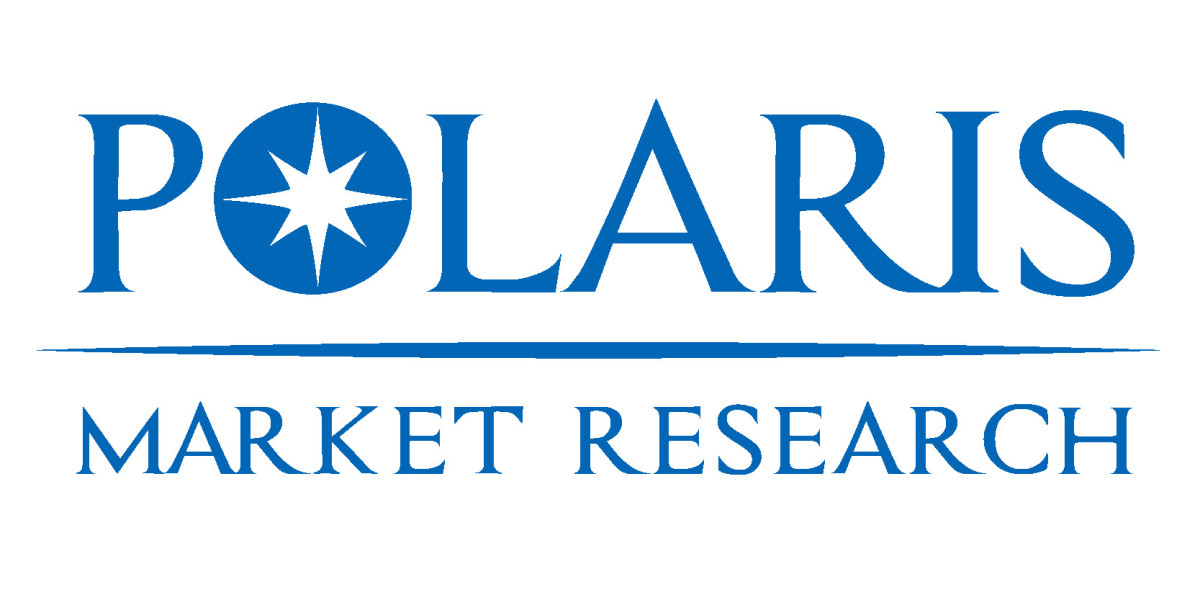Expanding a product line can be exciting—but it also brings challenges in production, consistency, and compliance. That’s where chemical contract manufacturing steps in. Whether you're developing cleaning solutions, personal care items, or specialty industrial chemicals, outsourcing production can be a smart way to scale efficiently and maintain quality.
Contract manufacturing offers both flexibility and control, especially when it includes services like chemical blending and contract packaging. This guide breaks down how the process works, what to consider when choosing a partner, and how it can support your brand’s growth.
What Is Chemical Contract Manufacturing?
Chemical contract manufacturing refers to outsourcing the formulation and production of chemical-based products to a third-party company. These manufacturers often offer additional services like custom chemical blending, packaging, labeling, and distribution.
Instead of investing in large facilities, complex machinery, and regulatory compliance processes, brands can work with experienced professionals who manage the technical and operational side of production.
This model suits both startups and established companies looking to scale quickly without compromising quality or compliance.
The Role of Chemical Blending in Product Development
At the heart of any chemical product is its formula. Chemical blending ensures precise mixing of raw ingredients to create a stable, effective, and safe product. Whether you're producing hand sanitizer, degreasers, or skincare items, proper blending techniques are critical.
Professional blenders use automated mixing systems, controlled environments, and quality testing to ensure each batch meets specifications. For growing brands, this helps maintain consistency across product lines, even as demand increases.
Key benefits of expert chemical blending:
Accurate ingredient ratios
Reduced formulation errors
Scalable batch production
Better product uniformity
By outsourcing blending, you ensure that your formulation is handled with precision, every time.
Why Contract Packaging Matters for Product Growth
Once your product is ready, it needs to be packaged correctly—both for compliance and market appeal. Contract packaging involves everything from filling and capping to labeling and boxing. It’s a service that ensures your product arrives in a ready-to-sell state.
The type of packaging plays a big role in customer experience. Whether you're using bottles, jars, pouches, or tubes, packaging should be secure, functional, and visually aligned with your brand.
Advantages of contract packaging include:
Faster turnaround for market readiness
Custom label printing and design integration
Access to specialized machinery without capital investment
Reduced risk of packaging errors
By combining chemical blending and packaging under one provider, you streamline your workflow and reduce costs.
When Should You Consider a Contract Manufacturer?
Many businesses wonder when it’s time to make the move from in-house production to outsourcing. If your business is experiencing growth or plans to expand, here are some common signs:
Your team can't keep up with demand.
You want to expand product lines without adding infrastructure.
You're preparing for retail distribution and need volume production.
You want to improve production speed without sacrificing quality.
Outsourcing gives you the freedom to focus on marketing, sales, and product innovation while experts handle the logistics and compliance.
How to Choose the Right Contract Manufacturing Partner
Not all providers offer the same level of service. When selecting a partner for chemical blending and contract packaging, you should consider several factors beyond price.
Questions to ask:
Do they have experience in your specific industry?
Can they handle both small and large batch orders?
What are their certifications (e.g., ISO, GMP, FDA)?
How do they manage quality control and traceability?
Do they offer turnkey solutions, including formulation and distribution?
A good partner will be transparent about their process, flexible with timelines, and proactive in communicating production updates.
Common Industries Using Chemical Contract Manufacturing
Many sectors benefit from outsourcing manufacturing and packaging:
Personal care (shampoos, lotions, soaps)
Household cleaning (disinfectants, surface sprays)
Automotive (degreasers, polishes)
Agriculture (pesticides, fertilizers)
Industrial solutions (solvents, lubricants)
Each of these industries relies heavily on safe handling, compliance with regulations, and consistent quality—all of which are supported by experienced chemical manufacturing providers.
Regulatory Compliance: A Hidden Burden You Avoid
Regulations for chemical production can be strict and time-consuming. From OSHA guidelines to environmental regulations and labeling laws, the compliance landscape is complex.
When you outsource to a qualified contract manufacturer, you benefit from their internal compliance systems. They typically manage:
Material Safety Data Sheets (MSDS)
Hazard labeling
Batch traceability
Environmental disposal standards
This reduces your risk of penalties, product recalls, or reputational damage.
The Growth Advantage: Focus on Brand, Not Production
The biggest advantage of chemical contract manufacturing is the ability to grow faster and smarter. You don’t have to worry about machinery, staffing, warehousing, or compliance. Instead, you can invest time and energy into innovation, marketing, and customer satisfaction.
This is especially valuable for growing product lines. You can test new formulations, create seasonal variations, or enter new markets without straining internal resources.
Conclusion: Scale with Confidence
Partnering with a chemical contract manufacturer is a powerful way to grow your product line without the risks of in-house expansion. With professional chemical blending and contract packaging services, you gain precision, speed, and scalability—all while staying compliant with industry standards.
By asking the right questions, choosing the right partner, and focusing on what you do best, your business can meet demand, maintain quality, and continue growing—confidently and consistently.







